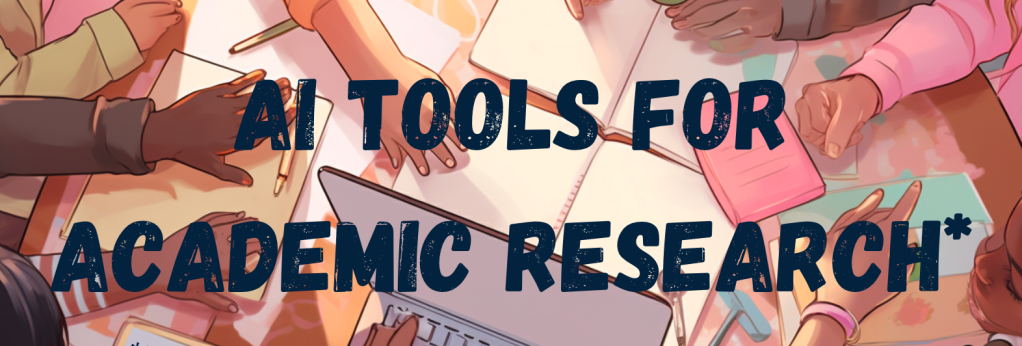A quick post to share some slides I presented during the Bath EdD Summer School to colleagues in the Dept. Education, in early July 2023. Naturally, AI in Education was a topic of high interest, but many are at the beginning of understanding the potential, problems and applications of GPT-related tools in research and academia. This session was only a 30-min overview of some issues in AIEd, as well as tools available to aid in research discovery, some of which I’d used (and cited) at some point in my most recent assignment*.
Anyway, here are the slides. Click here for fullscreen.
SJTYLR AI Tools for Academics by Stephen Taylor
The same day as this session, the Russell Group of universities in the UK released their shared guidance on AI in Education.
Some of the tools shown:
- PerplexityAI for search, sources, CoPilot and much more. My favourite AI tool, and has replaced Google. Beware confabulation.
- Semantic Scholar and Elicit for research discovery, and SciSpace for more research discovery with multlingual options.
- LitMaps for finding more connected papers and mapping out research related to citations.
- ChatPDF for chatting with docs.
There are many more tools available, and using AI in research and writing is an ethical minefield. This short session was intended to open up some awareness of how things are developing, and to give the opportunity to explore further.
I’m also very fortunate to be in a school where we’re taking an open mind to supporting innovation and our learners through the AI age. In High School, our fab Teacher-Librarian and Tech Coach are supporting students in their research using many of these tools and more.
In academia, there are many who are more experienced than I with AIEd, and I recommend you follow:
- Prof. Maha Bali, with great work on Critical AI Literacies.
- Dr. Sarah Elaine Eaton, Academic Integrity expert, who writes about The Age Of Postplgiarism and more.
- Prof. Ethan Mollick, for real-time innovative approaches to and critical analysis of AI in Education.
- Leon Furze, for excellent work on Teaching AI Ethics.
- Dr. Mushtaq Bilal has some good resources on academic research & writing.
If you haven’t yet, also check out the University of Kent’s Digitally-Enhanced Education webinars, curated by Phil Anthony. Lots of great short sessions presented by academics around the world.**
Now we’re almost a year into the GenAI revolution, it will be interesting to see how academia and universities continue to adapt. Where will the dust settle and how will institutions balance their existing approaches to teaching, learning and assessment with an accelerating pace of change, new opportunities for learners and deep consideration of ethics, inclusion, integrity and safety?
There has been much discussion of the impacts of AI detection “solutions”. In simple terms, they don’t work reliably, can risk students’ reputations and can be biased against second-language learners. Think very carefully about how you use them, and focus on a culture of trust, interaction and authentic assessment.
At the same time, we’re in the midst of a permapolycrisis with increasingly prohibitive university and living costs and uncertain future pathways for graduates, possibly exacerbated by impending impacts of AI on employment pathways. How will higher education adapt to ensure that graduates are prepared for increasing uncertainty amidst compounding insecurity?
Interesting times ahead.
*In case you’re interested, the title was “Control, Shift, Power? A documentary analysis of ethical frameworks for AIEd and GenAI, through the lenses of Bernstein’s Pedagogic Device.” Catchy, eh? My Methodology section contained some of the tools I used and for what purpose, and a screenshot of LitMaps along with a note that the assignment contained no AI-generated content.
**I joined before the summer, to unpack (If You) USEME-AI. I was very tired that night… Check out their playlists for much better presentations 🙂

Thank-you for your comments.